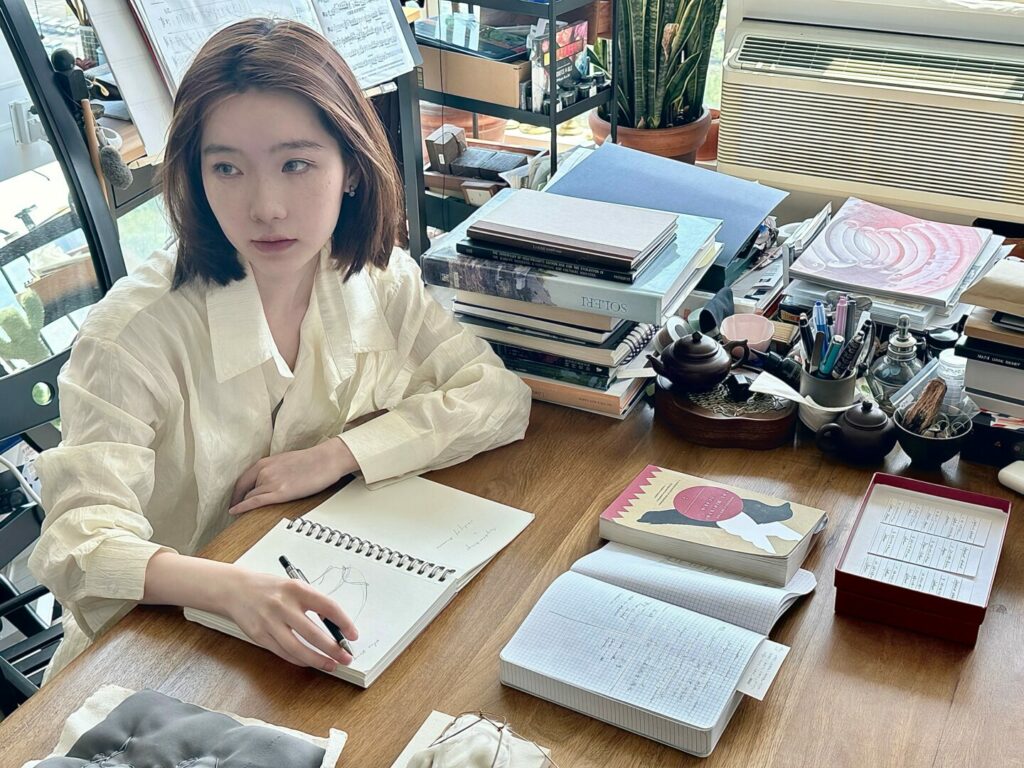What do you do when no one else in the company or the meeting looks like you? We asked entrepreneurs and creatives from across industries and geographies to share their experiences and advice.
Lacie Doll
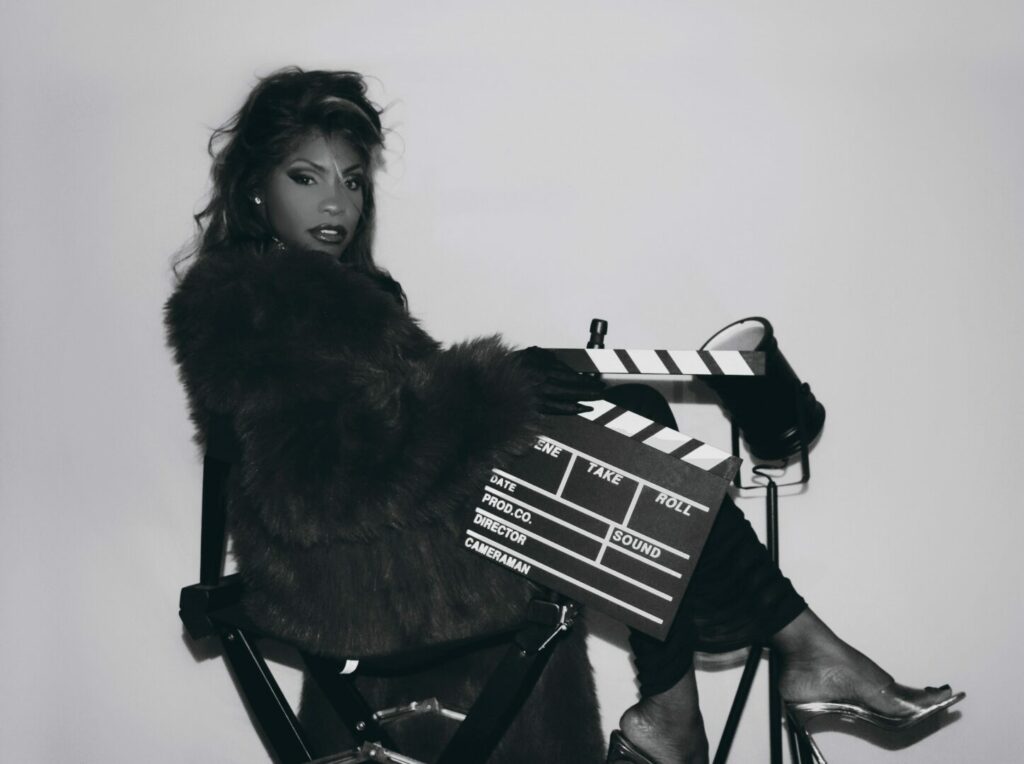
Being the only person in the room who looks like you can be difficult. Being of African American ancestry one of the core ideals my parents instilled in me is to always be the smartest one. Learn the material early, immerse yourself in the topic so well you know it like the back of
Your hand. Most people will already assume I don’t belong in the room I fought tooth and nail to get into because I’m a black woman, never prove them right by showing up unprepared.
While in the military I was often either the only woman or the only black person in the room. I was responsible for handling legal cases and also knowing all of the ins and outs about military administrative requirements or changes to entirety. I often worked with men who had served a lot longer than me and outranked me by far. Most of whom served before women were able to have jobs that active service members had at the time. Read more>>
Sheila Thorne

As a Black woman, I am daily in rooms where I’m the only one who looks like me. The foundation for my success comes from my upbringing by strong, spiritual parents who grew up in the segregated South, live through the Jim Crow era and survived. They instilled me every day a strong sense of self and encouragement to be the best that I can be in whatever I did. First and foremost, their message was to hone my skills and continually be curious, an avid reader and to find my passion. Read more>>
Alfred Collins

Being the only one in the room that looks like me, knowing that I have a story to tell. It doesn’t start with me, but I’m so blessed to be able to represent those who have pave the way before me. Hard work and never giving up on your dreams is what I’ve learned from my parents, and grand parents. My family is such a part of what I do, they keep me going, and with great friends that keep me encouraged, it’s a good combination to have. I realize by being on the room, I’m in that room for a purpose. It’s only by the Grace of God that I’m able to be in that room. Read more>>
Valerie Delgado
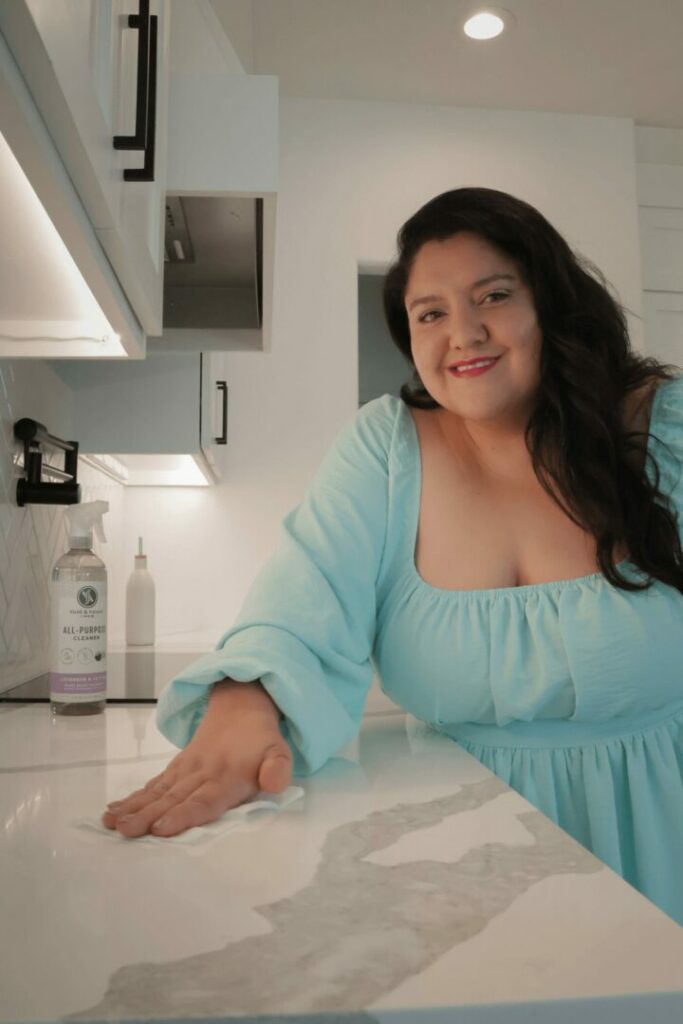
I’ve learned to never give up! Be sure to always be who God created you to be we are all different, and can learn and grow from each other. Work hard, and never give up! Read more>>
Krista Durant
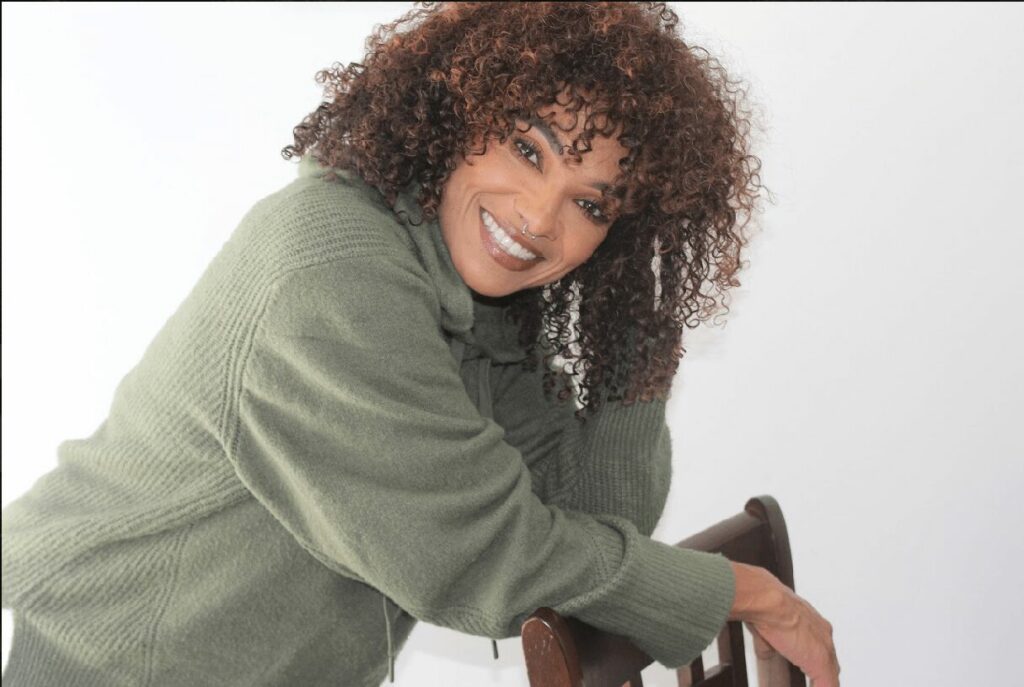
Being the only one in the room has taught me to transform challenges into opportunities for growth and leadership. Growing up without many tangible role models who looked like me, I had to forge my own path, learning to be both resilient and resourceful. This journey has been guided by my calling to be a leader in advocacy, a successful business owner, and an author, while also raising my children as a single mother. Read more>>
Kyle Denman
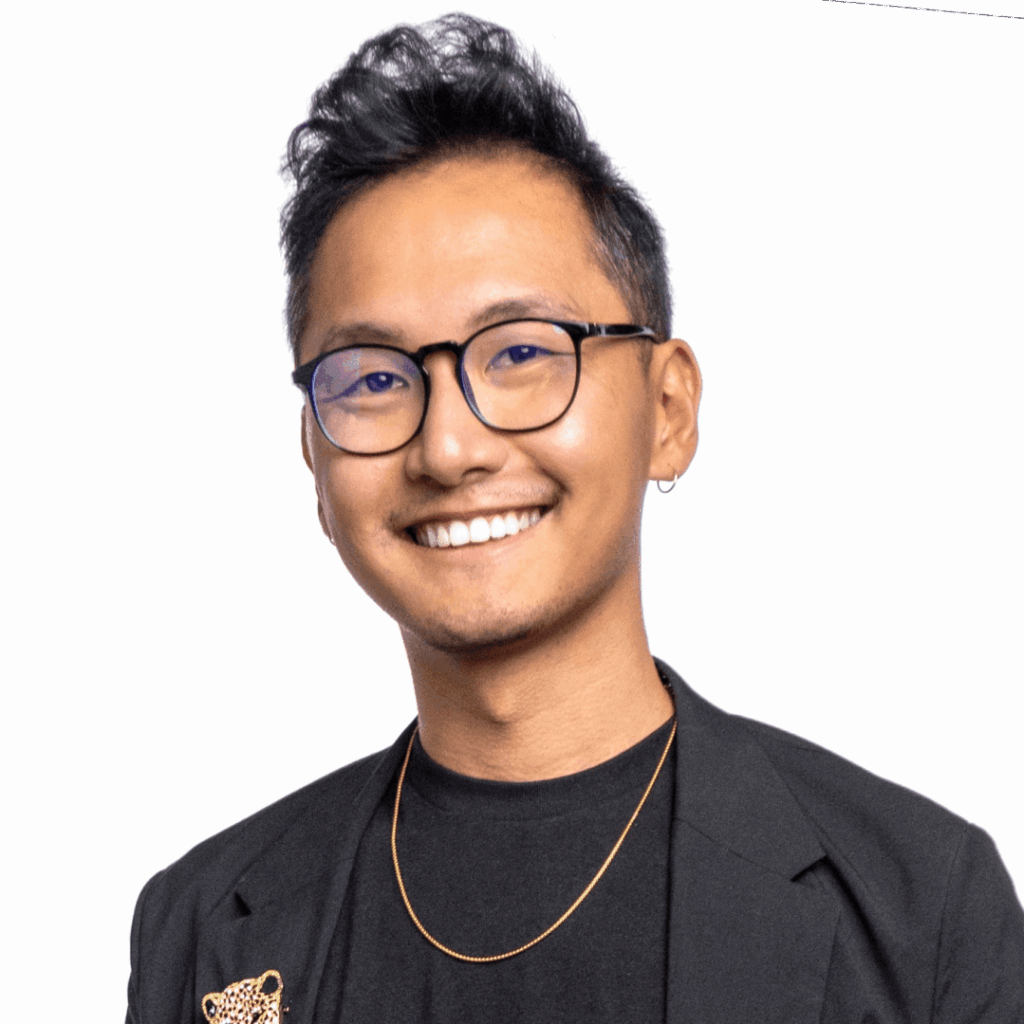
Being the only one in the room who looks like me—whether as an Asian, gay, or adopted (or a combination!) individual—has been a challenging but ultimately empowering experience. Over time, I’ve learned to navigate these situations by leaning into my authenticity and embracing my unique perspective. When I first started out, it was hard to avoid the feeling of being “different” or not fully belonging. But I quickly realized that those moments of discomfort were actually opportunities to stand out, not shrink away. Read more>>
Jesus Chavarria

I think that question answers itself. It’s safe to say that everyone is individual and their own unique person, which I why I know that when I’m the only one in the room that looks like me there is no one else that can do me as good as me. In all honesty, this gives me a sense of security in my skills as a performer because I know no one is going to perform like me, other than me. Read more>>
Emmanuelle Abel

Hello, my name is Emmanuelle Abel. I’m a 23-year-old woman and I live in Fort Collins Colorado.
For the past three years, I’ve worked in the music industry. I was introduced to the music business industry in college in my last year. Since, I’ve completely fallen in love with it.
My life in music begins at the Mishawaka amphitheater in Bellevue, Colorado. My first year I was hired to be an intern where my responsibilities consisted of taking care of all wants and needs of the bands from a hospitality standpoint to helping facilitate the operation needs of the venue. After my very first shift, it was cleared to me and my boss that this was something I happen to be very good at. Read more>>
Darnell Brown
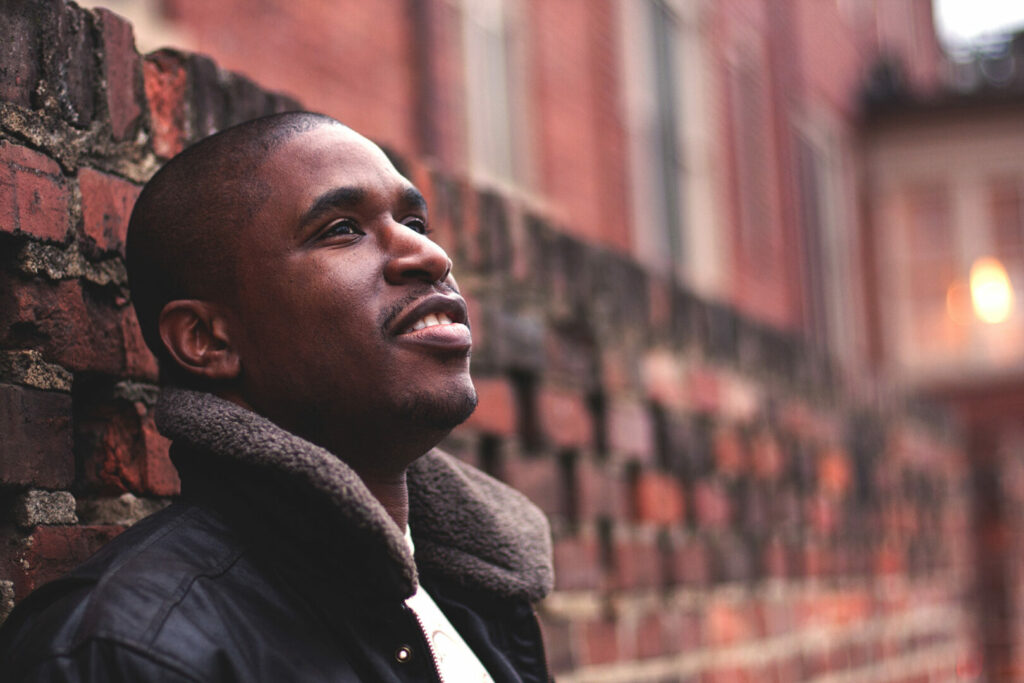
I use my status as an anomaly or outsider to my advantage, disarming others in the room by being energetically different. I don’t feel shame or guilt about who I am; I exude a quiet confidence in my own skin, which is palpable in how I dress (usually in athleisure clothing) and how I carry myself.
In other words, being “different” in a room full of people who don’t look like me is a feature and not a bug. One of the worst things I can be is seen as “normal” or “average.” I prefer standing out and disrupting the status quo rather than bending the knee to what’s the norm. Read more>>
Terri Richardson
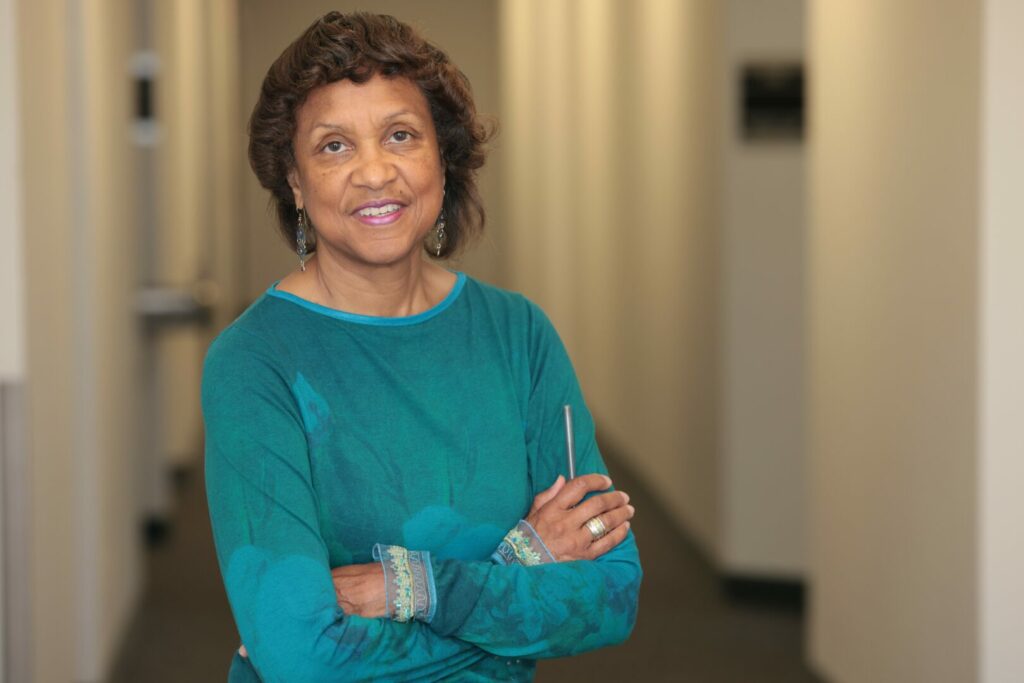
I was born in Atlanta, Georgia and my parents moved the family to Denver, Colorado when I was four years old. We had a great neighborhood that early on, became a mostly Black neighborhood. I became aware of being the only one in the room that looked like me, when we were bussed across town in elementary school. Our bus was loaded up with young Black kids, but when we got to school, we were all buried in a sea of whiteness. At the time, I was unaware of the microaggressions that occurred during these early years. ” If she can do this then certainly the rest of you can get this.” I picked poems from my favorite Langston Hughes, which was never given as an option for students. Just a few things I can remember after all these years. I started to get a hint that being Black was equated to being sub-standard. Read more>>
Man Luo
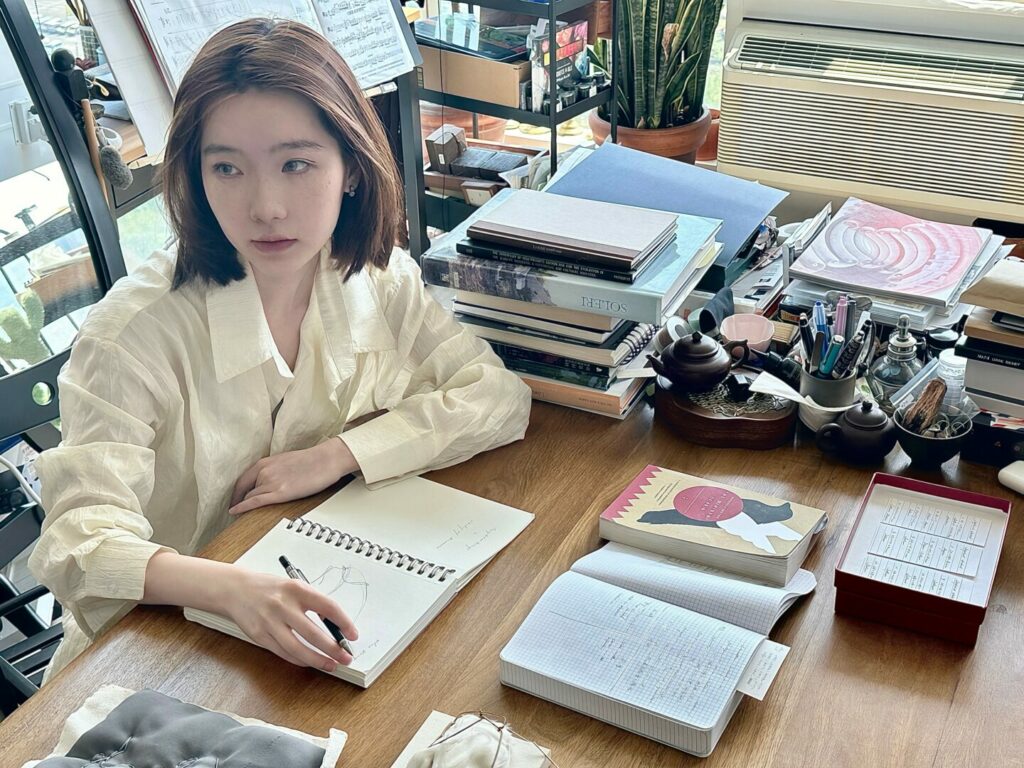
Being ‘the only one in the room’ often means navigating uncharted paths, but that also opens up a unique space to make an impact. While it’s challenging to predict success in an unfamiliar field, I approach my work with the mindset of an experimenter. I identify benchmarks from comparable cases, even if they’re not directly related, and adapt methodologies that are intuitive to me. Read more>>
Antoinette Naddour, Esq., Llm
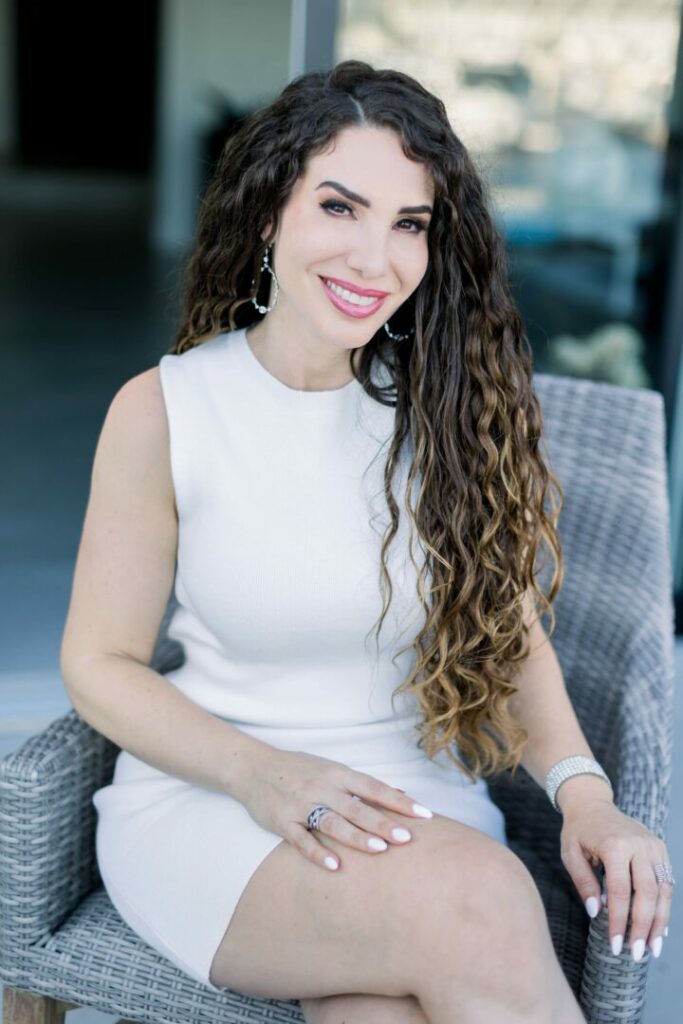
I am a proud Lebanese American, born into the Catholic faith. Growing up in Orange County in the 1980s, there weren’t many Lebanese or Arab Americans in the area. My curly dark hair and fair features often set me apart and made me feel like I didn’t quite fit in.
As a child, I struggled to reconcile my cultural identity with my surroundings. Whether it was the school lunches my mother lovingly prepared or my untamable curls, I stood out in ways that felt awkward at the time. We had different rules at home and I would find myself questioning my parents about why I couldn’t spent the night at a friend’s house or wear certain clothing. Over the years, I learned to embrace the beautiful traditions and culture my parents brought from the old country while blending it with my American patriotism—a melting pot I am incredibly proud of. Read more>>
Judy Sullivan
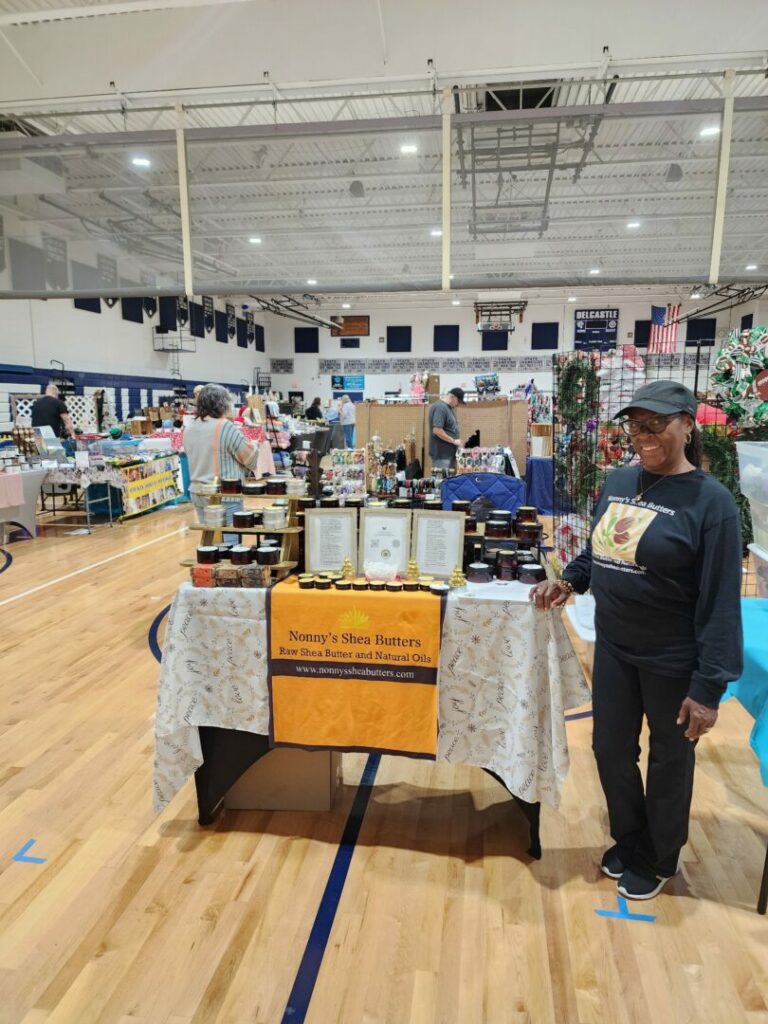
I learned early in life to be my authentic self. My parents and ancestors boosted my self esteem. They encouraged me to always be my best self whether in the mirror, around family and friends or in the boardroom. Growing up I was always encouraged to speak my “truth”. As an adult with my children I encouraged the same. When I decided to start my own business I did so based on my experience with self care, natural living and being honest about the journey. Read more>>
Mo Regalado
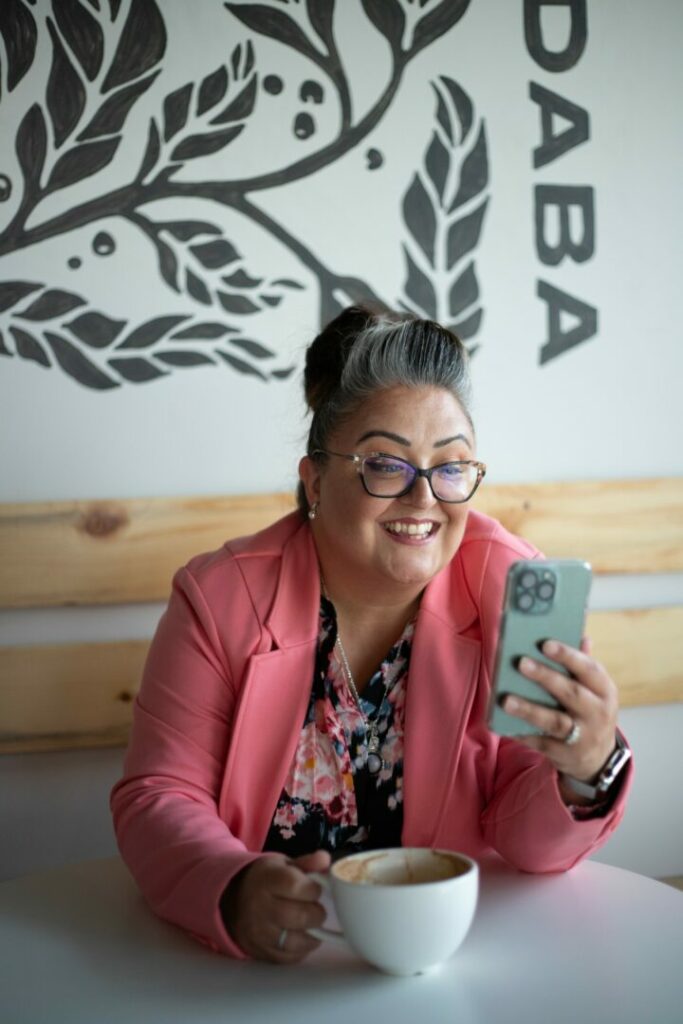
This is a great question. There are so many of us who find ourselves in spaces where we are underrepresented.
I see this as both a challenge and an opportunity. A challenge because your voice and ideas are not often heard, and if they are, it’s through someone else’s mouth. That can be very frustrating but I learned over time that as long as my idea was implemented, I was okay with that. I also believe it’s an opportunity. I have the ability to change and shape what others think and perceive me, and anyone who looks like me, to be. Read more>>
Christiane King
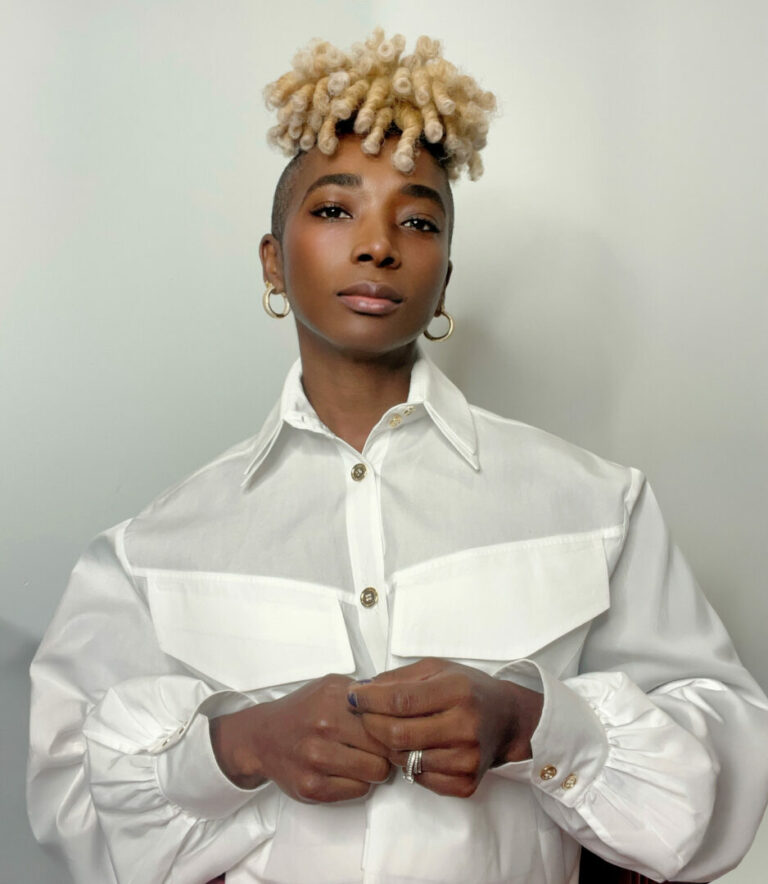
Coming from Côte d’Ivoire via Paris and now thriving in Los Angeles, I’ve always embraced being in spaces where I’m different. As an immigrant, I’m used to being among people who don’t look like me, and that perspective has been a powerful asset throughout my life and career. Being the only one gives me a chance to stand out, to be noticed, and to bring a unique point of view.
The key is staying prepared, focused, and ready to deliver. I see these moments as platforms to shine, not barriers to overcome and never shy away from that. I embrace it as an opportunity to inspire. At the end of the day, it provides me the chance to pave the way for others, to uplift them, and to lead by example. Read more>>
Nadia Miserendino
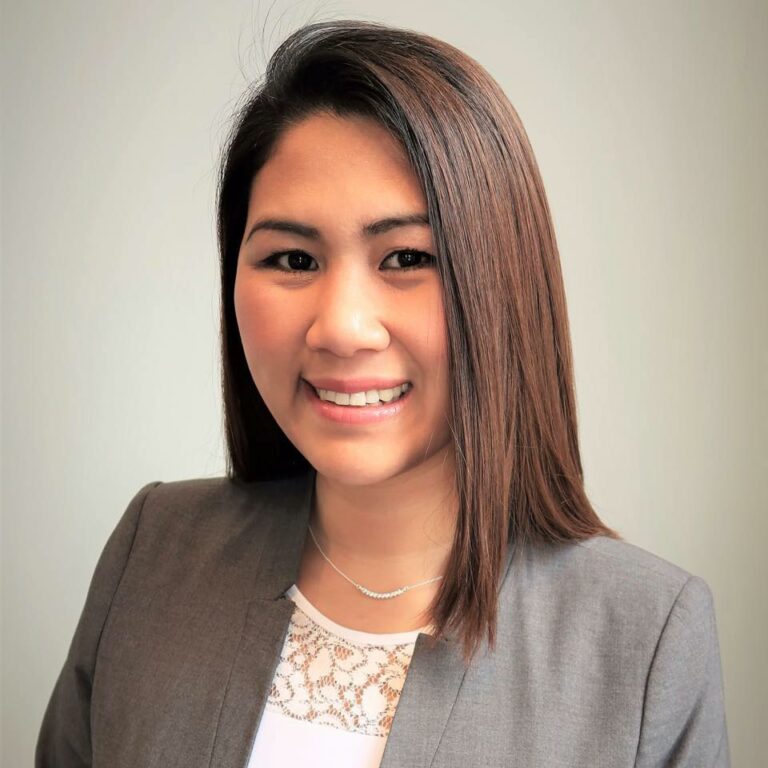
I personally believe that proper communication is the foundation to success. Since I am part of the Sales industry, I often meet clients that are from all walks of life and ethnic backgrounds. The most important thing I can do is make them feel comfortable sharing their thoughts and needs with me. I do this by first being open and honest with my experiences and knowledge. I often share personal stories about my life and family in hopes of making a strong and lasting connection with them. I often find that people are genuinely intrigued by my story since it involves being raised in a foreign country, immigrating to the United States, owning a restaurant and rental property, getting married, raising children, and becoming an entrepreneur in the sale of real estate and insurance. Read more>>
Lashondra Butler
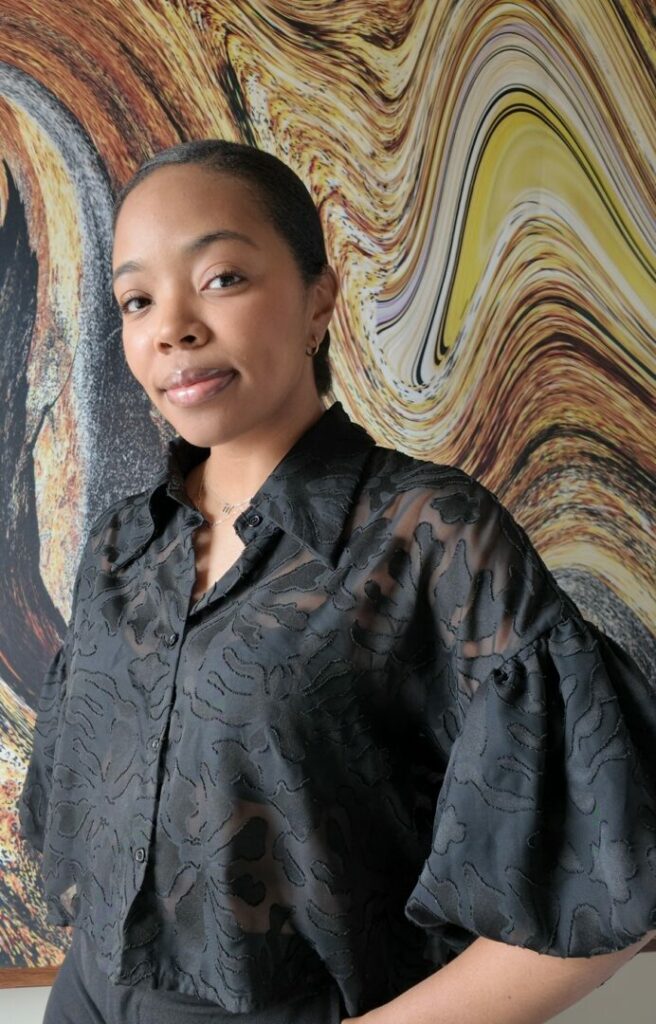
Being the only one in the room who looks like me has taught me to draw strength from my roots, focus on my purpose, and use my presence to create change. My parents instilled in me an unwavering belief that I am qualified and that I belong in any space I choose to occupy. They ensured I grew up in environments where I was loved, valued, and nurtured, and I carry that foundation with me into every room. Read more>>
Gabriela Alvarado Pasko
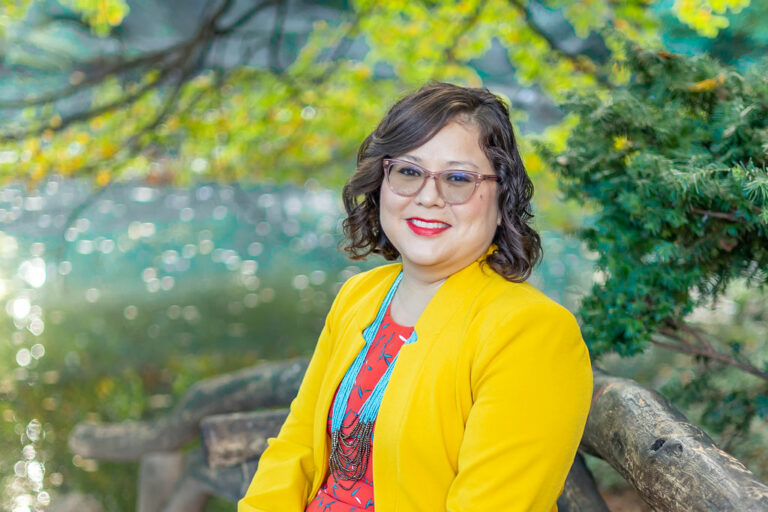
Being the only one in the room has been a constant theme in my life. Growing up with a single parent in a low-income household, I attended private school on a scholarship, often feeling like the odd one out. That experience shaped me. I developed resilience and learned to adapt, fueled by my undiagnosed ADHD, which allowed me to hyperfocus on my goals. My mindset became simple yet determined: I was going to be the best at whatever I set my mind to, no matter the odds. Read more>>
Oleg Rozenfeld

To me personally, being the only one in the room is a chance to learn, grow, and make a real impact.
By embracing my uniqueness and perspective, instead of shying away from sharing them, I bring a fresh viewpoint to the room and whenever I feel unsure, I remember that I have a lot to offer by sharing my experience and expertise.
I find that my presence and success can inspire others and pave the way for greater diversity and inclusion.
Being the “only one” can be a catalyst for positive change. Embrace the opportunity to make a difference! Read more>>
Carol King
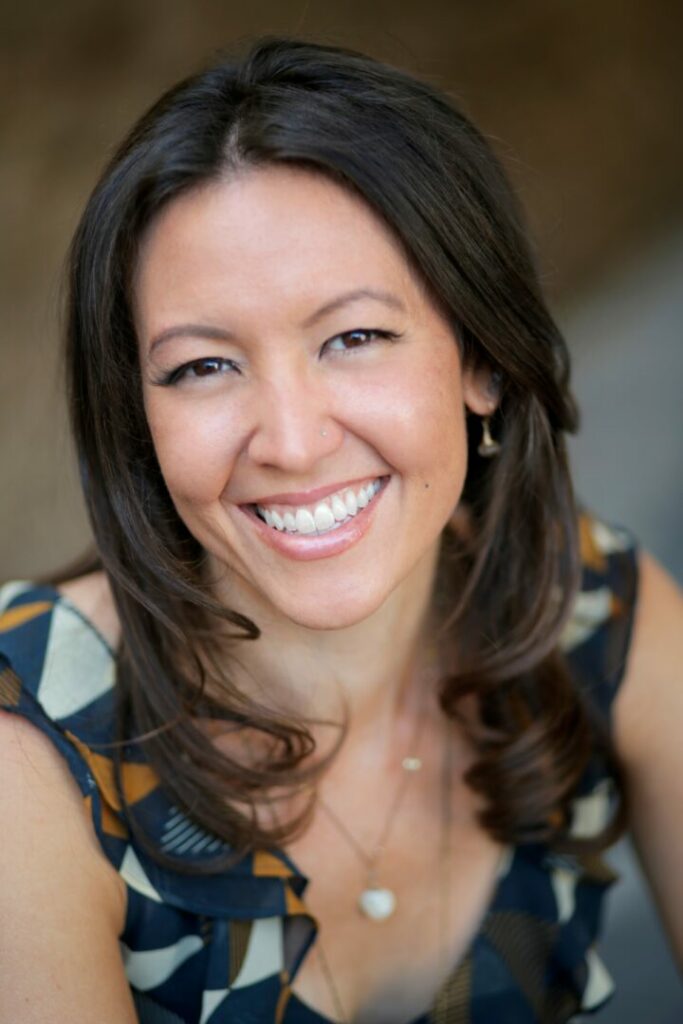
In 2008, I found that my chosen career path was not aligning with my values. I was in my 3rd year of medical school, doing hospital rotations and had the realization that I was not in the business of healthcare, but rather in disease perpetuation and management. There was no health in the hospital. I made the very difficult decision to follow my gut and forego my ego, and left medical school with only a year and a half left of it, and was in a lot of student loan debt. Read more>>
Nicholas Love
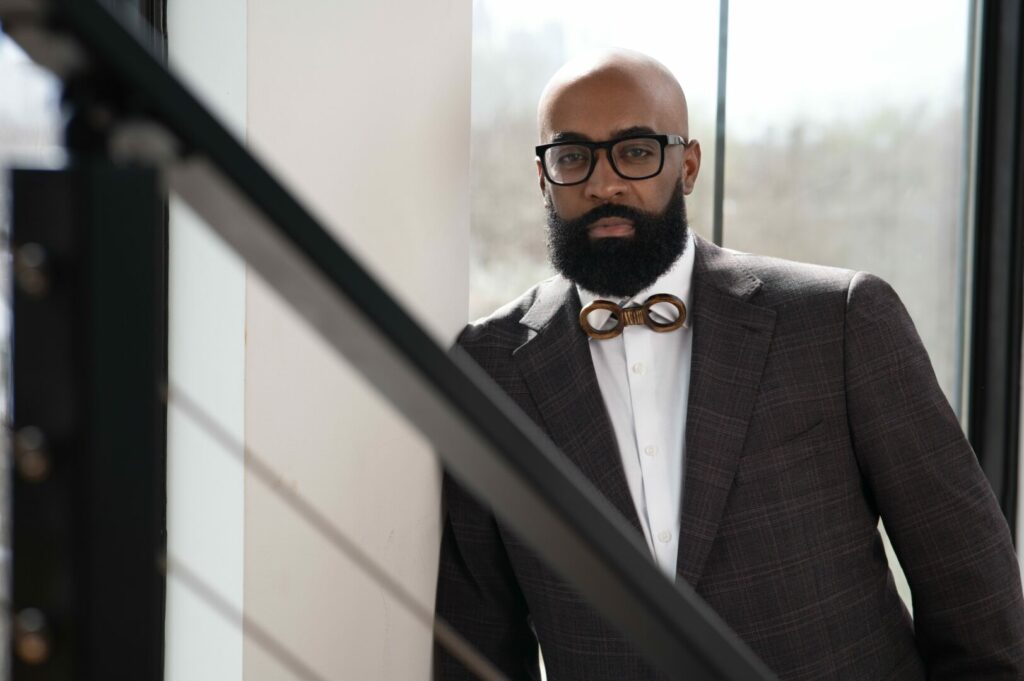
Being the only one in the room has been a recurring experience for me, whether as the only Black man, the only person of color, or the only individual with children with autism. In each of these situations, I’ve learned to stay grounded in my truth and authentic to who I am. For me, that means embracing my identity unapologetically and challenging the status quo when necessary. Read more>>
Mia Lopez
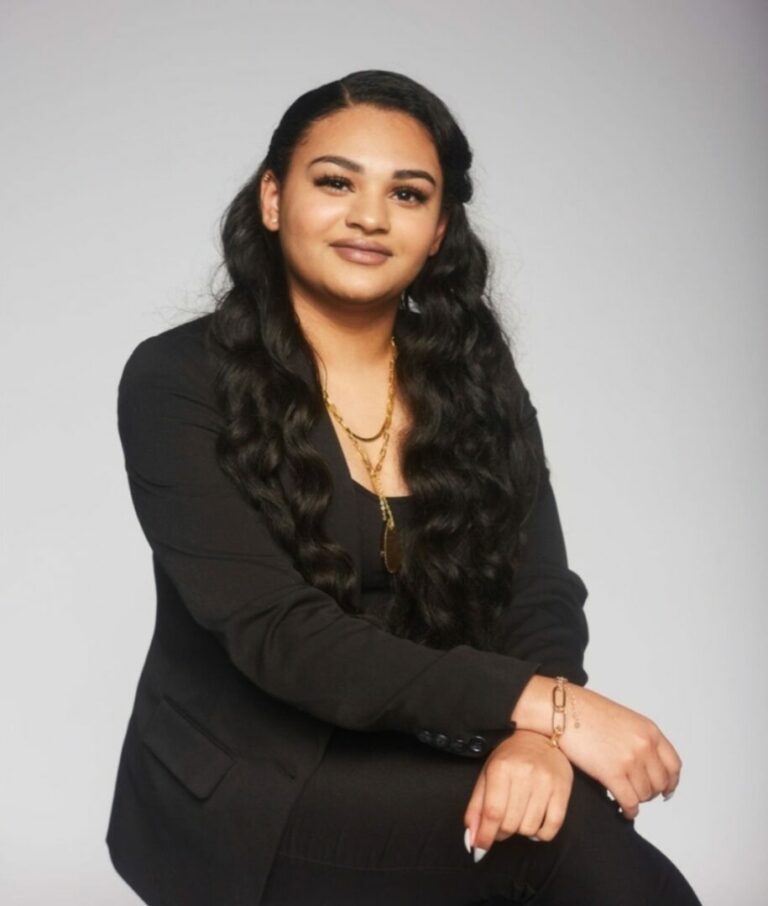
As an Afro-Latina woman, being the only one in the room that looks like me has taught me the power of self-assurance, preparation, and authenticity. Early on, I realized that my voice, perspective, and presence are unique assets, not barriers. Here’s how I’ve learned to thrive in these spaces:
Owning your own narrative: its important to embrace your identity and the rich cultural tapestry it represents. Rather than seeing our differences as a challenge, I use it to bring fresh ideas, diverse insights, and a perspective that others may not have considered. Read more>>
Dr. Donnette Deigh
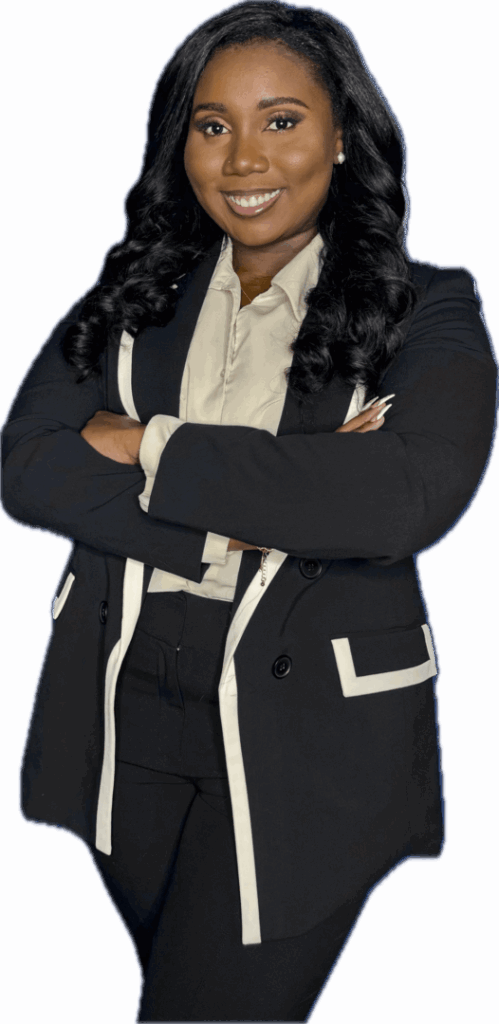
In the journey of being the only young Black woman in the room, I’ve discovered that the path to effectiveness and success often involves turning challenges into opportunities. Being the only young Black woman in the room is akin to standing under a spotlight on a dim stage where every movement is scrutinized, every word echoes, and silence is not an option. In these spaces, diversity is often the exception, not the rule, and the challenge lies in transforming this isolation into a powerful presence that commands respect and drives change. Read more>>
Marlon Mckenney

San Francisco is where I grew up, and from an early age, I learned what it’s like to be the only African American in the room. Whether it was private school, art school, or later on in the gaming, tech, and advertising industries, the pattern stayed the same. After two decades and more than a dozen companies, I’m still often the only Black creative. Codeswitching became a necessary skill—making sure my talent speaks louder than any stereotypes. Along the way, I’ve learned to brush off ignorance, even though it’s frustratingly common. Read more>>
Delaney Poor
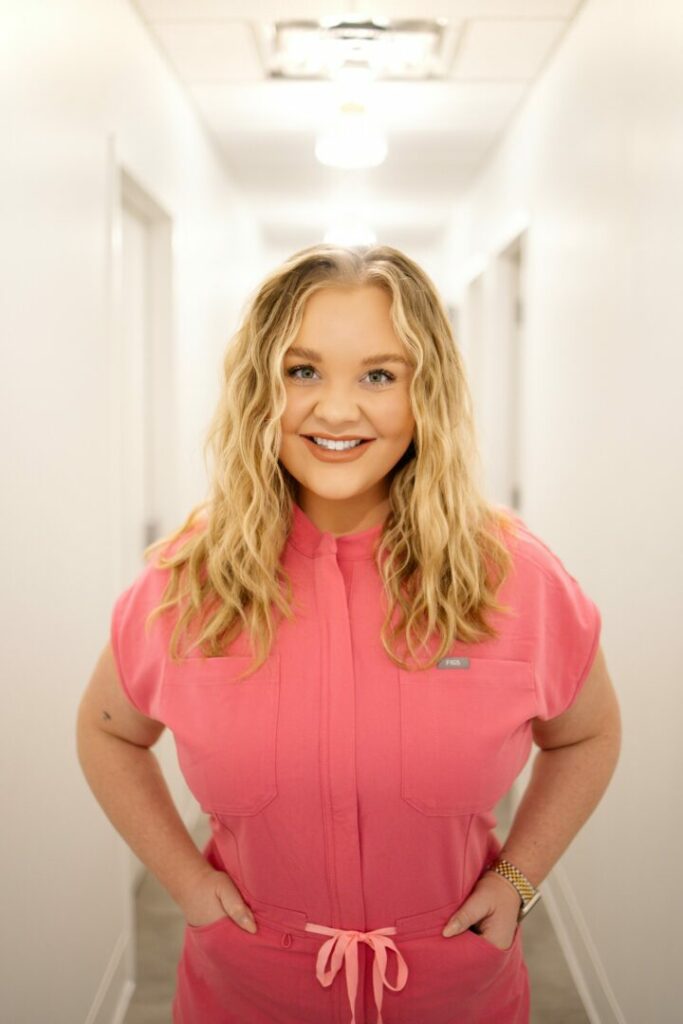
The aesthetics industry is beautiful. It’s vast, it’s bold, and it’s traditionally a very physically focused industry to be apart of. What does this mean when you don’t look like a traditional barbie doll? How do you fit in when you don’t have perfect skin, and you aren’t a size 0-4? Where some may view this as a road block, hindering their success, I view this as an opportunity for relatability. After all, human nature is to find a sense of belonging. Read more>>
Natalie Robles

I’d say I’ve definitely overcome the hurdle of not looking like my peers in this industry by not minimizing my features or my size, but rather embracing and even embellishing them. The idea of showing up and having people see something way different than what they expected used to terrify me, and there were even professionals who asked me to change or lose weight to become more “marketable”- ultimately, I decided the way I present my body and style meant more than just a conventional picture of who can make music. I’ve accepted that my type of beauty transcends the standard into a league of its own, audibly *and* visually. Read more>>
Shanea Lewis
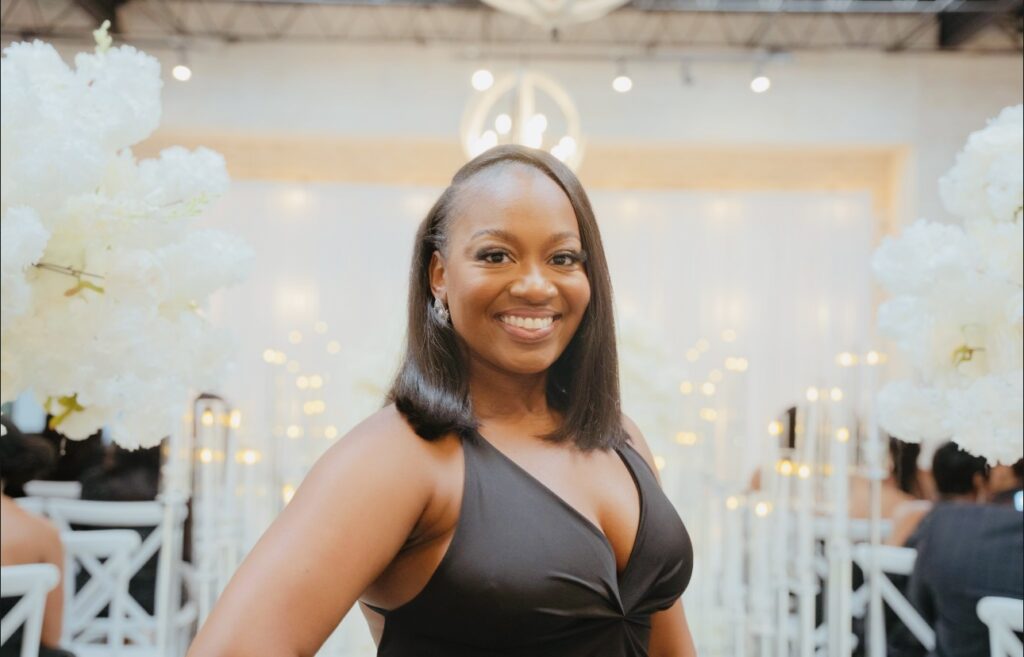
There’s always this moment when I walk into a room—whether it’s a meeting with a venue, a supplier, or an industry networking event. I scan the room from left to right, front to back, and it hits me: I’m the only one who looks like me. The only young Black woman here. I feel the weight of that, but I also feel the power of it. I take a deep breath, straighten my shoulders, and move forward as if the room were filled with people just like me. I tell myself, This is my time to represent. For those who aren’t here. For those who haven’t had the chance to be seen yet. Read more>>
Towanna Dunn

My name is Towanna, and working in salons with people from different backgrounds challenged me to step out of my comfort zone. Instead of seeking familiarity, I used the opportunity to break down barriers, challenge stereotypes, and connect through authenticity. Read more>>
Adrian Read
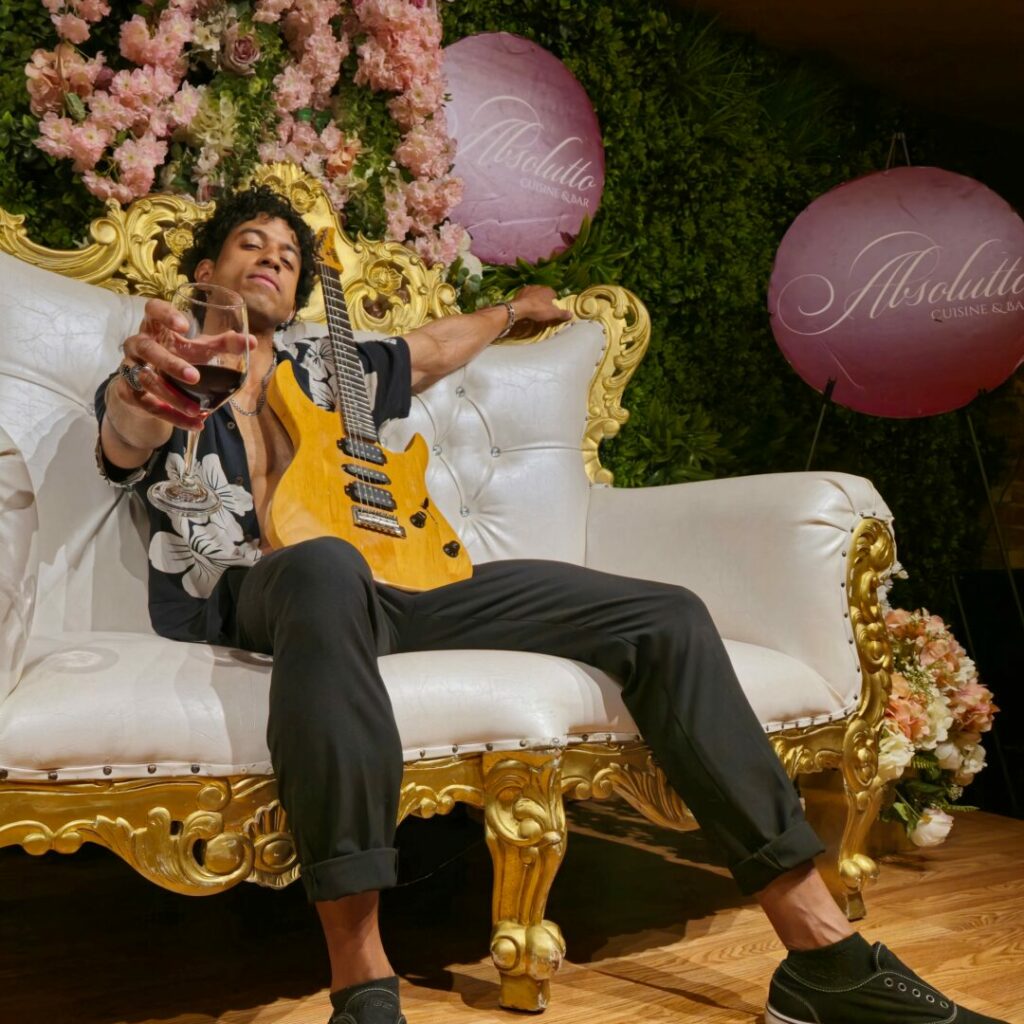
When I was a little boy I spent most of my time alone. My mom and dad divorced early in my life and my mom was left having to work three jobs to provide for me and my three sisters. Although I wanted to connect with my sisters, I found it hard to because I’m naturally introverted and our interests at the time were different. So from an early age, I had little to no choice other than doing things on my own. When I got older, I started playing the guitar and writing my own songs. During that time I also realized that as any artist, creative and just as a human being we want our work and who we are as people to be acknowledged, validated and understood. We want to to feel that we belong somewhere. Read more>>
Jose Flores
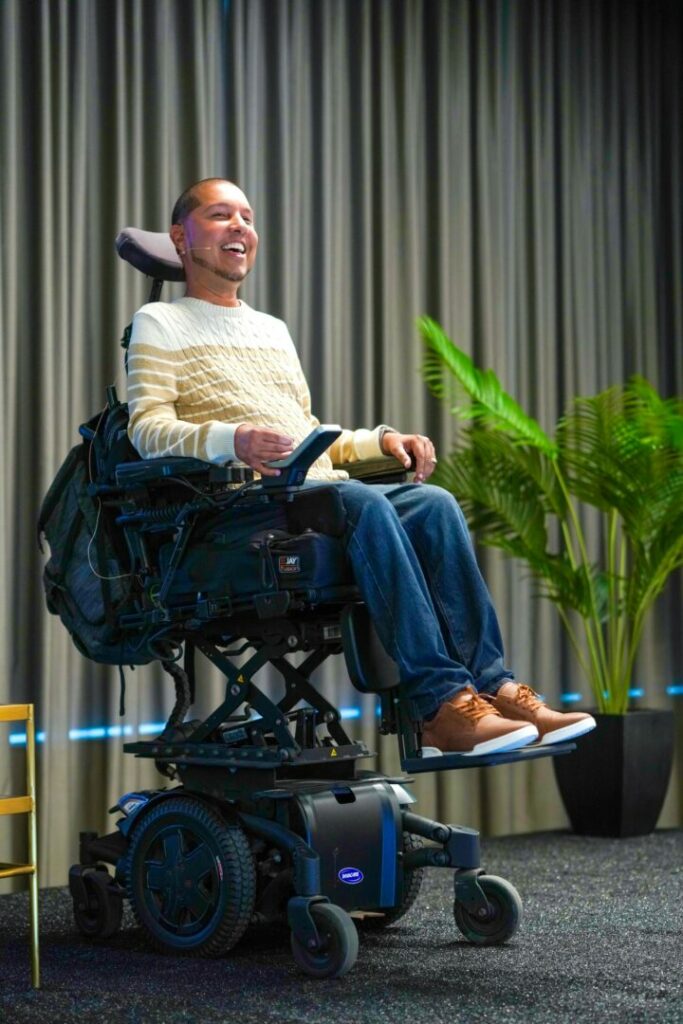
Being the only one in the room, whether it’s as a person with a disability or simply someone with a unique perspective, has been both a challenge and an opportunity for growth. I’ve learned to turn that experience into a strength rather than a limitation.
The first thing I’ve embraced is owning my difference. I no longer see being the only one as a disadvantage. Instead, I recognize that my lived experiences bring a perspective that others may not have considered. Whether I’m addressing accessibility, diversity, or resilience, my unique vantage point adds value to every conversation. I’ve learned to walk—or roll—into every room knowing I belong there, even if no one else looks like me. Read more>>
Trishanna Cohen
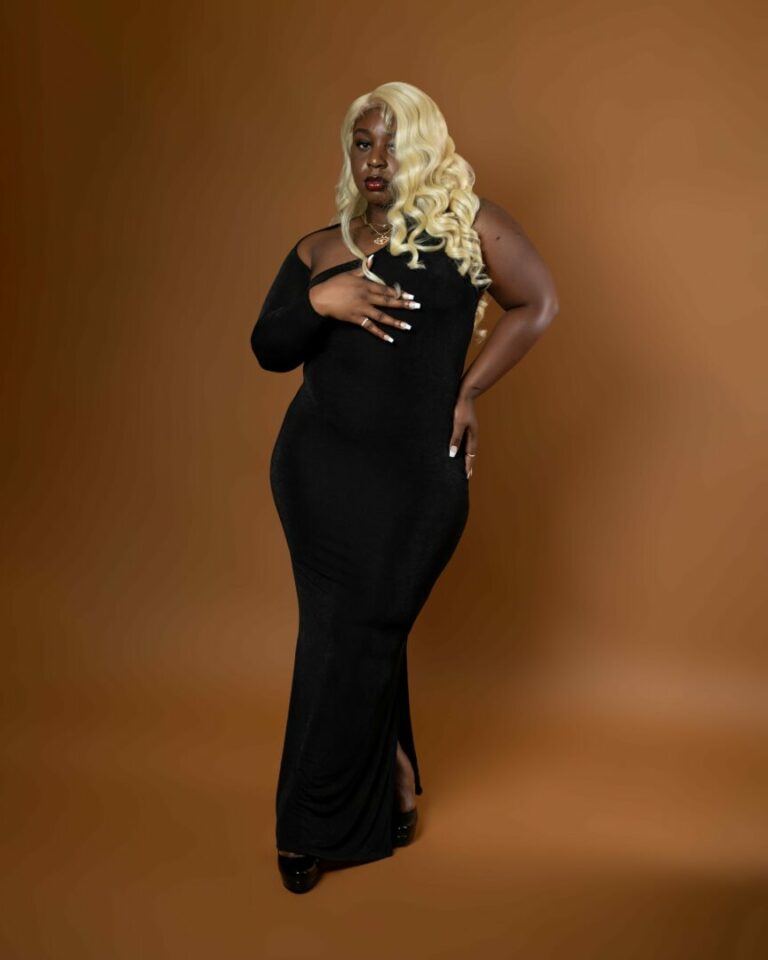
Being the only one in the room? I remember this being a method of stage fright , but gosh okay. Only one in the room that looks like me? I learned to be effective being the only one in the room by leaning on my confidence . I may look how I look you know in the model world. Short, Curvy, Thick , Darkskin model. A person you don’t see everyday in those big model rooms. The key to being successful and still pushing through to the level of success I desire is by being unapologetically me. Just being and embracing me. Read more>>
Sam Phish

Generally, I stand out in a room. Whether it’s the psychedelic suit I have on, the long and curly hair, or just my volume in general, most people tend to notice that I’m there. I use this to my advantage as much as possible; it makes networking a helluva lot easier. Read more>>
Michele Knox

As a Black woman in a predominantly white male professional environment, I’ve come to understand and accept that I will always stand out. I ‘ve had to cultivate my confidence and master my craft to not only succeed but often surpass my white male colleagues, recognizing that as a black woman, I face unique challenges. This capability has also translated into my work in the art world. Read more>>

